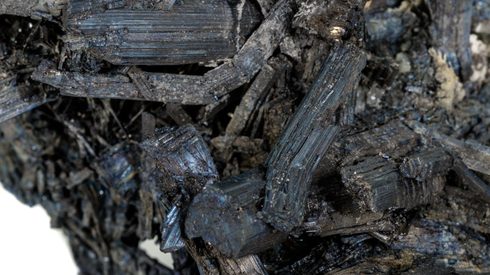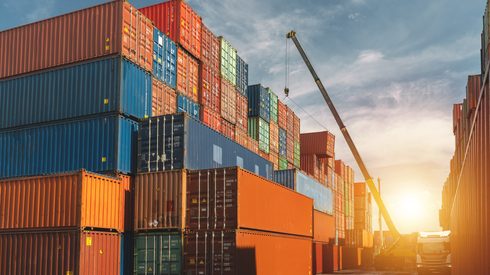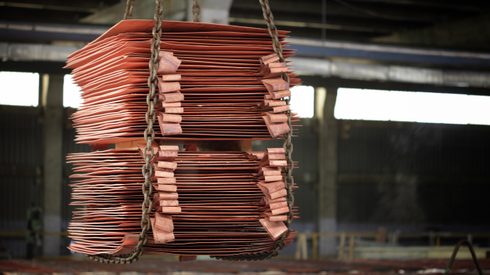To fulfil the increasingly pressing need for transparency and security, three powerful Chinese groups are at different stages of bringing new physical trading platforms to market.
Earlier this year, Hong Kong Exchanges and Clearing (HKEX) announced plans to launch a spot commodities trading platform in 2017 in mainland China. It will initially focus on base metals including aluminium and copper but will quickly extend into ferrous metals, energy, rubber and other commodities.
Leading Chinese base metals trader Maike is also working on a physical trading platform in Shaanxi Xi’an city, which is set to come online this month.
“Simply, trading no longer brings fat profits,” Maike founder and chairman He Jinbi told Metal Bulletin in an interview earlier this year.
And the China Smelters Purchase Team (CSPT), which represents ten major Chinese copper smelters, is also planning a metals trading platform in Shanghai. Jiangxi Copper is leading the project; the platform is awaiting government approval.
It is no coincidence that all three are working along similar lines given the attractive advantages – in terms of financing and settlement, for example – that such trading platforms could provide. Metals companies should find it easier to access financing from banks for on-exchange trading and payments between buyers and sellers will benefit from increased security.
But there are obstacles to changing trading habits among would-be users, for whom the major concern is whether these platforms will be backed by a reliable warehousing system, market participants said.
After the Qingdao fraud scandal broke in 2014, banks have become extremely reticent about accepting warrants and have generally tightened credit measures for financing in nonferrous metals.
This was not an isolated incident – in October this year, for example, a 550-tonne cargo of copper cathode was frozen at warehouses in Shanghai operated by storage company Yuqiang Minhang after a payment dispute arose between two Chinese trading firms – both sides claimed ownership of the metal.
This highlights the pressing need to reshape procedures and protocols for reasons of safety and transparency.
Maike’s He believes that the regulatory oversight provided by bringing trades onto a platform would end at a stroke these kind of disputes while Charles Li told investors that the Qianhai project will provide a reliable warehousing infrastructure.
While HKEX and Maike both paint an attractive picture in terms of revolutionising the traditional trading industry to create safer investment options, they will need time and effort to persuade users to get onboard.
Large-scale trading companies will wonder how to generate solid returns if they give up pricing power while smaller firms must be questioning how they might survive in a more regulated trading environment.
One thing is sure: there will be a battle for pricing power in the physical market in the coming year.






